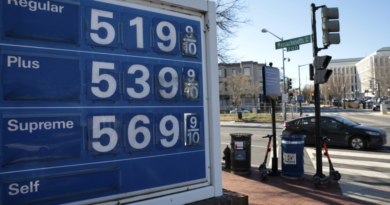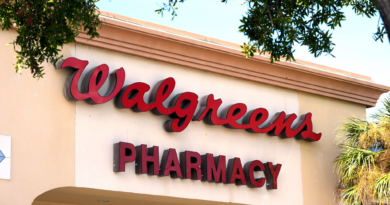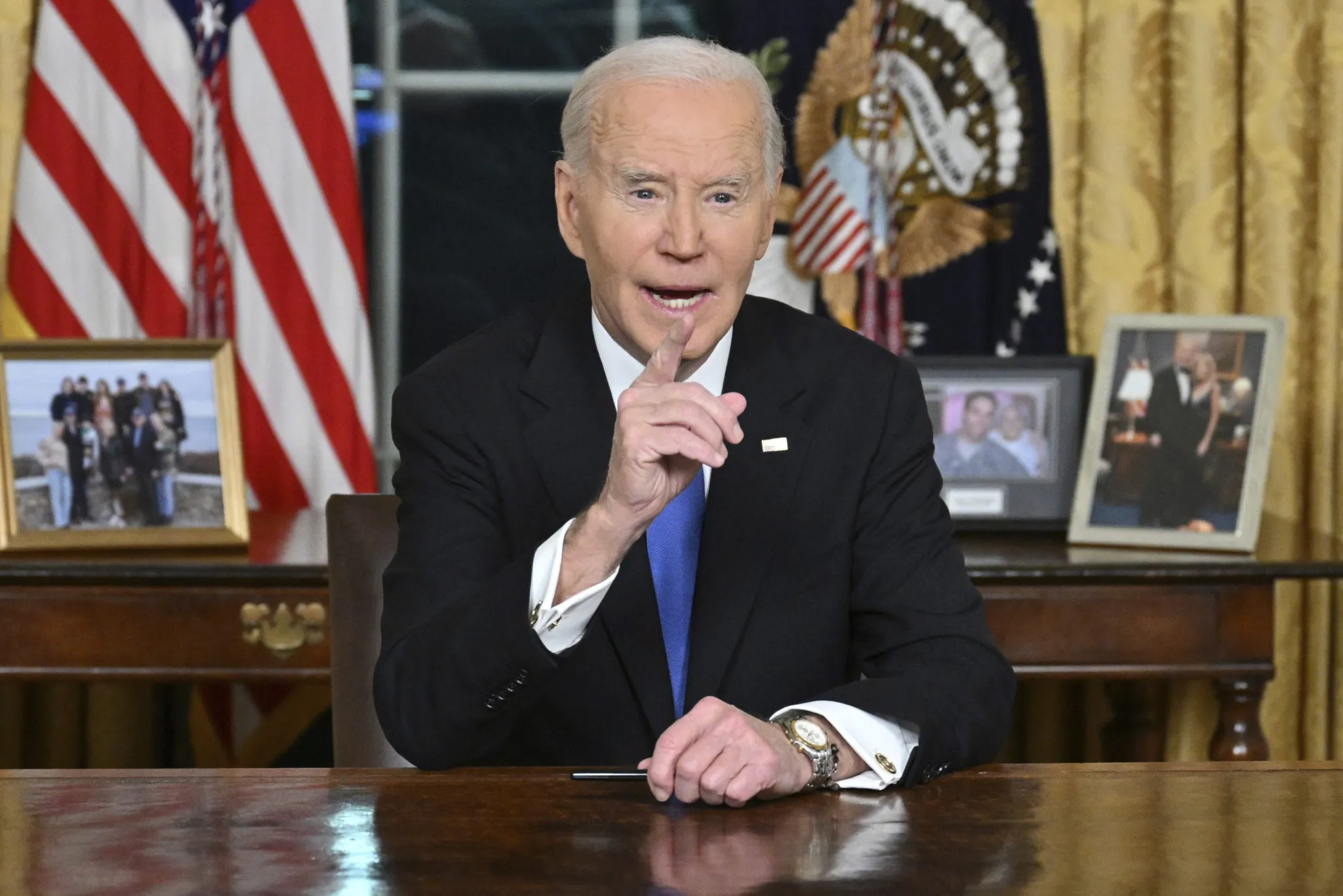BYD’s Southeast Asian partner explains what helped the Chinese EV brand break out overseas: Putting the steering wheel on the right side
BYD is making inroads into Southeast Asia. The Chinese company was Singapore’s second best-selling car brand, behind Toyota, in the first half of the year. In neighboring Malaysia, BYD is the most popular EV brand and among the top 10 most popular car brands overall.
But according to the Chinese brand’s distributor in the region, BYD’s success is due to its quick adaptation to new markets, with one change in particular making the difference.
“They were one of the first Chinese brands that could [offer] right-hand drive for electric vehicles,” says Jeffrey Gan, Sime Darby Motors’ Managing Director for Southeast Asia. Sime Darby Motors, the automotive division of the Malaysian conglomerate, has served as BYD’s distributor in Singapore since 2019.
Chinese cars drive on the right side of the road, and thus have their steering wheels on the left side of the car, making them “left-hand drive” models. Yet several overseas markets—Japan, Australia, Malaysia, Singapore, and the Chinese city of Hong Kong—are the reverse: Cars drive on the left, and so have their steering wheels on the right, hence becoming “right-hand drive” models.
While right-hand drive markets are smaller than left-hand drive markets, they are likely the first targets for a Chinese EV brand trying to go global.
It took a while for Sime Darby’s relationship with BYD to bear fruit. “When we started in 2019 [in Singapore] there were not sufficient offerings in terms of their products,” Gan says. Just one passenger vehicle model was available: the BYD e6, a compact multipurpose vehicle.
That changed two years ago, when BYD decided to “get aggressive outside of China”, Gan said. BYD orders grew once the Chinese EV brand launched the Atto 3, the Seal, and the Dolphin in international markets.
What is Sime Darby?
Sime Darby, No. 25 on the Fortune Southeast Asia 500, is one of Malaysia’s largest conglomerates. Sime Darby’s motors business has a footprint across ten markets in Asia Pacific, including China. The company represents several luxury continental auto brands in China and is also one of the world’s largest BMW dealers.
Sime Darby assembled its first car in 1982, making BMW and Land Rover models in Selangor. It’s mostly worked on internal combustion engines vehicles since then, but has started to get into EVs in recent years.
Besides being BYD’s Singapore distributor, Sime Darby was also appointed as BYD’s Malaysia distributor when the Chinese automaker wanted to expand into that market.
As an appointed distributor, Gan explains Sime Darby has a responsibility to bring in the cars, help grow the brand, and appoint dealerships.
One way Sime Darby tried to grow BYD’s brand in Malaysia was to host a big launch event in December 2022. BYD then was “not that big” compared to the company we know today, Gan explains, but Sime Darby went ahead with a grand launch without any pre orders lined up. He says the launch resulted in 800 vehicles being sold in three days.
In addition to its partnership with BYD, Sime Darby is working with other Chinese car brands. It’s working with Chery to make cars in Malaysia, and has agreed to distribute cars from startup Xpeng in Hong Kong—another “right-hand drive” market.
Sime Darby’s motors division generated 31.6 billion Malaysian ringgit ($7.4 billion) in its most recent fiscal year, which ended June 30, a 16% increase from the year before. Nearly half of its revenue comes from mainland China, Hong Kong and Taiwan. The company also said new operations such as BYD in Malaysia contributed to the improved revenue.
Chinese EVs spreading in Southeast Asia
BYD is not the only Chinese EV manufacturer to try to break into Southeast Asia. Geely, Chery, Great Wall Motors and Xpeng are also entering the market.
Analysts describe Southeast Asia as the “most important” overseas market for Chinese carmakers as Western markets like the U.S. and Europe impose tariffs on imported Chinese cars.
Gan expects EVs to be a growth market for Sime Darby, as consumer confidence in the new technology grows. Malaysia is already reporting close to a projected 100% year-on-year growth in total EV sales, he explains.
“We closed 2023 with 10,000 EVs sold. By July 2024, we are already at 12,000 units sold, meaning at the half-year mark we’ve already outsold 2023,” Gan says. Sime Darby holds a 40% market share of the number of EVs sold in Malaysia this year.



